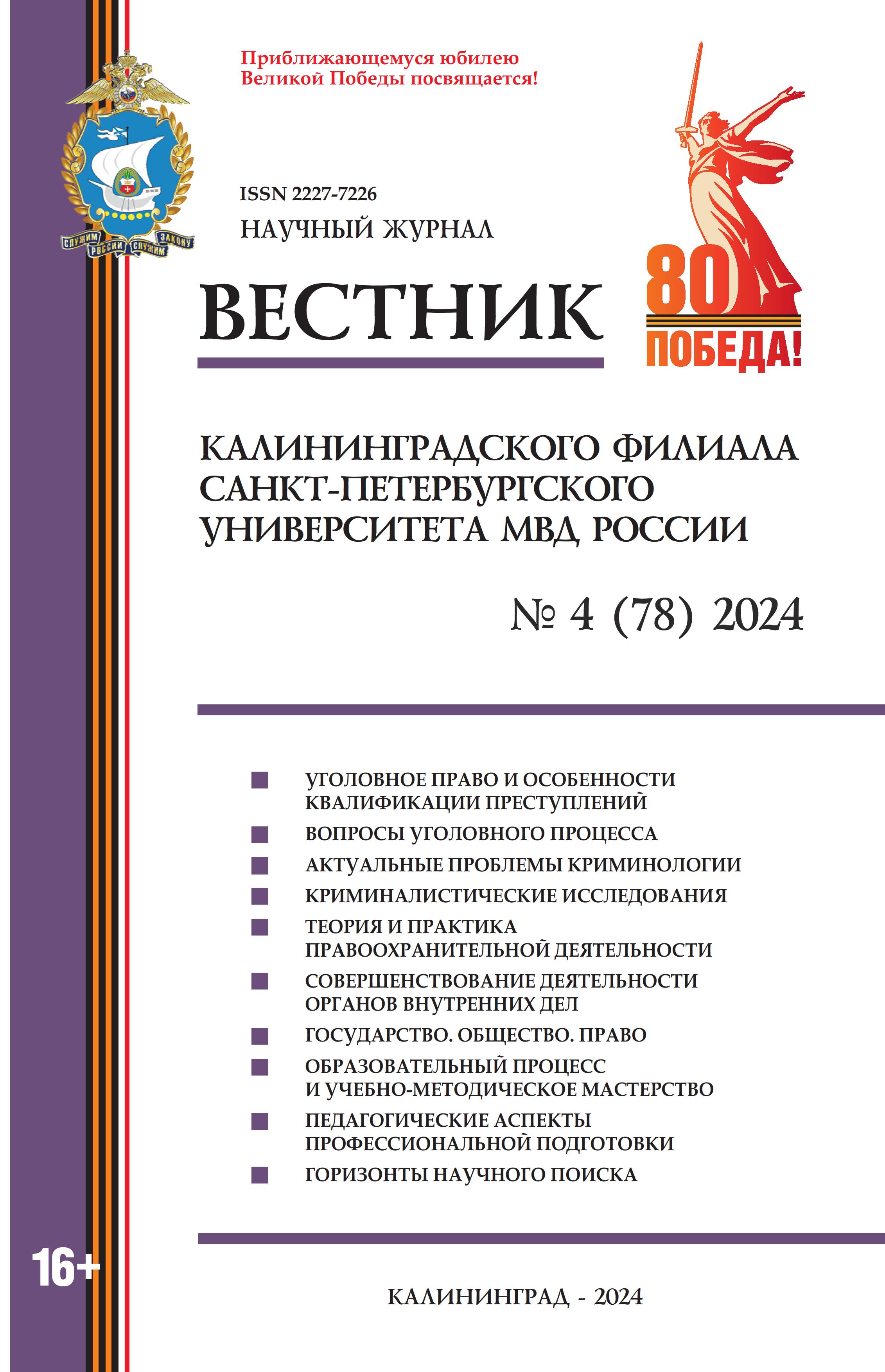Elista, Elista, Russian Federation
Introduction. Currently, most countries in the world and the international community as a whole have already realized the urgent need for environmental protection. Despite this, they are extremely reluctant to enter into international agreements that establish specific obligations for them that affect economic growth and the standard of living of their citizens. A typical example of such prohibitions and restrictions in international environmental law is the assumption by a state of the obligation to use its territory in such a way as not to cause transboundary damage to other countries. This and many other international obligations are poorly implemented by states, which stimulates the doctrinal discussions that have been ongoing for many years about the ways and means of reforming international environmental law. Methods. In the course of the study, the results of which are presented in the article, a set of scientific methods of cognition was used: the dialectical method, the method of systems analysis, the logical method, the comparative legal method. The material for the study was international legal norms regulating relations in the field of environmental protection, as well as scientific discussions on international public and comparative law, reflecting the trends and prospects of the current stage of international cooperation in the field of nature conservation. Results. International environmental law has successfully solved dozens of serious environmental problems over its nearly 200-year history. Many harmful chemicals are now controlled, the ozone layer is being restored, and populations of rare wild animal species are being revived. On the other hand, some other indicators of global environmental quality continue to deteriorate. Current international treaties remain largely unimplemented; a number of states do not participate in them. All this requires not only constructive criticism of individual international environmental standards, but also reform of international law with the creation of more reliable control mechanisms, further greening of international law, and strengthening of interaction between the branches of international law, law, and politics.
International environmental law, trends and prospects, climate, soil, World Ocean, aquatic bioresources, natural resources, energy.







